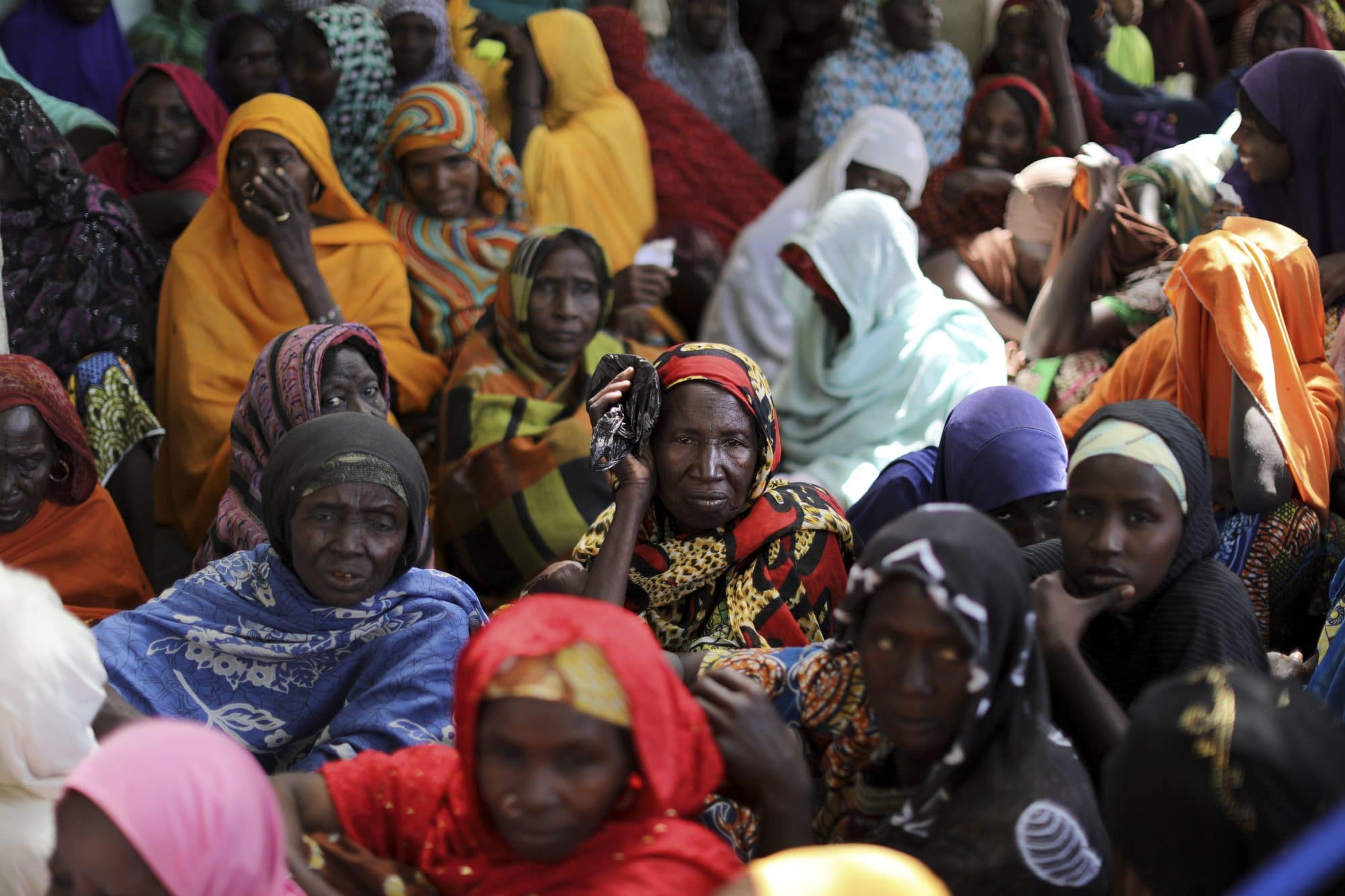Choice, Not Population Control
Choice, Not Control
Why Limiting the Fertility of Poor Populations Will Not Solve the Climate Crisis
Increasing access to family planning among poor populations has been promoted as a way to achieve two things at once: improving women’s and girl’s much-needed control over contraception, while at the same time reducing population pressure in ways that would minimize the causes and consequences of climate change. This discussion paper argues that strengthening women’s and girls’ reproductive rights is a global imperative for equitable development and must be a priority in its own right, regardless of a country’s population growth and carbon footprint. First, it is human consumption, fundamentally controlled and driven by wealthier populations, not the reproductive behavior of poor populations, that is overstretching the capacity of our ecosystems. Suggesting otherwise puts false blame on populations who have done least to cause climate change while suffering the brunt of its impacts. Second, in the context of climatic adversity and natural resource dependence, the line between fulfilling unmet demand for family planning on the one hand, and contributing to unjust population control narratives on the other, is very thin.
This paper provides a perspective on family planning and climate change from a social justice angle. It explains why caution needs to be applied when addressing women’s and girl’s sexual and reproductive health and rights in the context of climate change, and provides key messages for climate change, development and gender policy and programming.
